Deepfakes are AI-generated images, videos, or audio that make it appear as though someone said or did something they never did. By manipulating faces or synthesizing realistic voices, attackers can impersonate executives or trusted contacts in phishing schemes. Over 46% of companies have been targeted by a form of deepfake, making this a highly successful method of attack.
Traditional security awareness training (SAT) tools are outdated for modern AI threats and ill-equipped to train employees in deepfake identification and defense. This article covers eight modern SAT tools that can actually prepare your employees against this growing threat:
- Adaptive Security
- KnowBe4
- Hoxhunt
- Proofpoint Security Awareness Training
- Breacher.ai
- Keepnet Labs
- AwareGO
- CyberTraining365
Top 8 deepfake awareness training platforms for 2026 and beyond
Over 72% of businesses say that cyber threats are on the rise. These are the tools that can protect your business from today’s aggressive deepfake attacks.
1. Adaptive Security
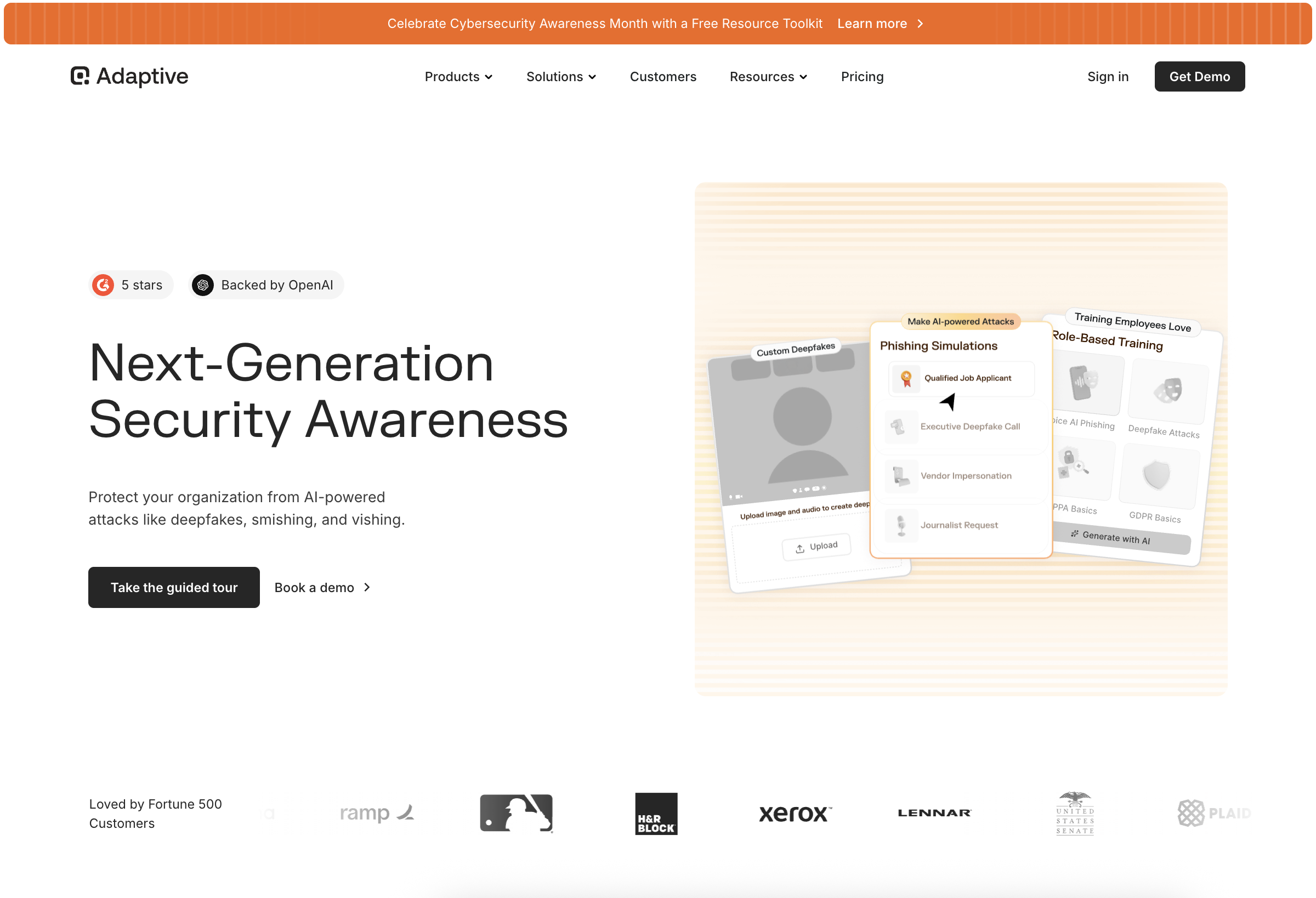
At the forefront of deepfake awareness training, Adaptive Security helps protect organizations from multichannel deepfake phishing attacks. It uses conversational red teaming agents to simulate highly realistic phishing attempts across email, voice, SMS, and video, helping today’s teams prepare for tomorrow’s threats.
The platform runs phishing tests powered by open-source data that attackers can easily access with LLMs, including job listings, executive interviews, press releases, regulatory filings, and employee social media. This exposes the real risks in your company’s digital footprint and makes simulations extremely accurate.
Adaptive Security also enables organizations of all sizes to measure, track, and continuously strengthen their resilience against AI-powered deepfake attacks.
Pros
- Provides board-ready reporting to demonstrate progress and ROI to executives
- Supports 100+ integrations for seamless deployment in existing IT and compliance environments
- Enables instant user provisioning with Microsoft or Google for quick onboarding
- Offers flexible delivery methods, including SMTP and Direct Message Injection (DMI) for phishing tests
Cons
- Automated threat remediation is currently in beta.
- Frequent product updates require ongoing administrator attention.
2. KnowBe4
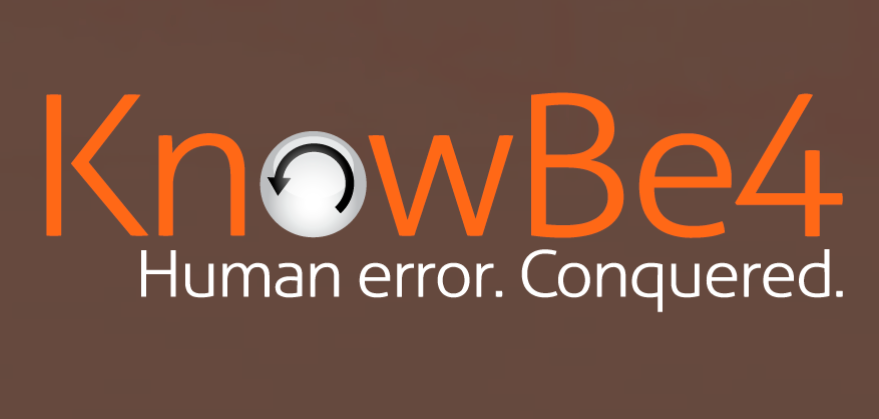
KnowBe4 has a massive content library, giving employees frequent, updated training tailored to new threats. This collection is the largest in the industry and is constantly being refreshed as new cybersecurity issues emerge.
Many enterprise companies utilize KnowBe4 for compliance alignment, consistently earning it praise on Gartner Peer Insights. It’s a good option for large organizations with deep resources to personalize campaigns for employees who are already technologically literate.
Pros
- Large, regularly updated content library
- Widely used for compliance in large organizations
Cons
- UI feels dated, with one user noting it’s “behind the curve with modern training options.”
- Modules can become repetitive unless customized.
- Pricing for edits is extremely high.
- Feature updates are haphazard.
3. Hoxhunt
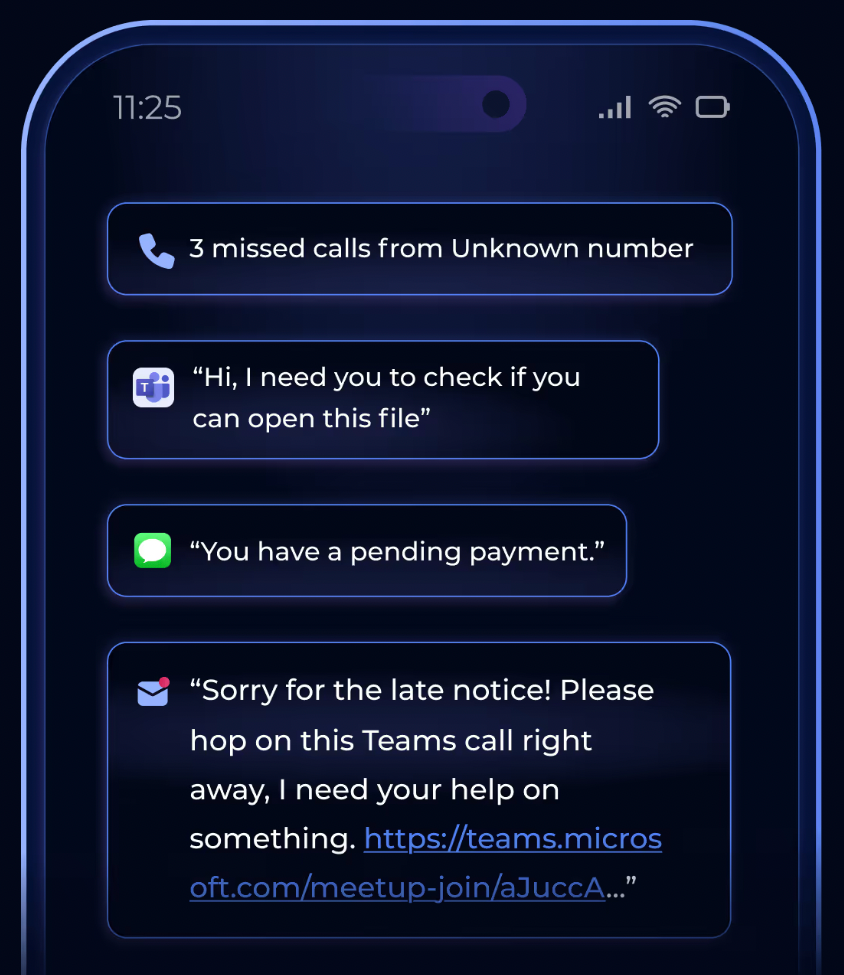
Hoxhunt is recognized for its gamified approach to employee training, which transforms phishing detection into an engaging challenge rather than a mundane task.
The platform’s AI-powered adaptive learning tailors phishing simulations and feedback to each user. This makes it particularly effective for large, distributed workforces where engagement is a constant challenge. However, smaller businesses have criticized Hoxhunt’s higher cost structure and setup complexity, making it a stronger fit for mid-market and enterprise organizations seeking engagement.
Pros
- Gamified, engaging phishing simulations
- Adaptive AI learning for tailored feedback
Cons
- It may be expensive for smaller businesses.
- Setup is complex.
- Gamification can become predictable.
- Phishing tests are sometimes too easy to spot, with users noting that “phishing e-mails are often a bit too obvious.”
4. Proofpoint Security Awareness Training
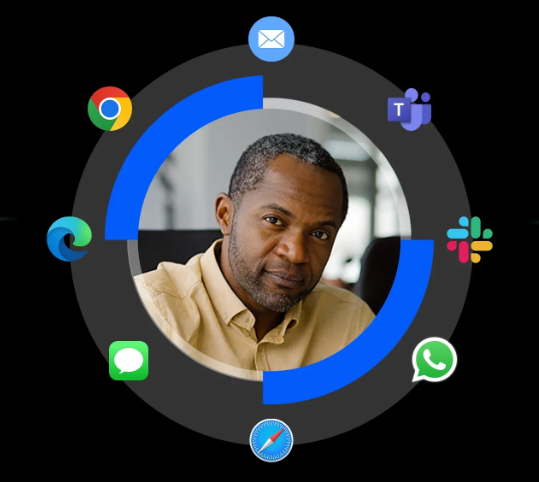
Proofpoint is a leading enterprise-grade security platform that extends into awareness training with phishing simulations and reporting tools. A standout feature is ThreatSim, which allows security teams to run real-world phishing tests modeled after modern attacks.
Notably, however, Proofpoint’s content engagement is often viewed as effective but less “fun” or modern compared to gamified platforms like Hoxhunt or AwareGO.
Pros
- Enterprise-grade controls and reporting
- Real-world phishing tests
Cons
- Setup and management is complex.
- There’s a steeper learning curve compared to more streamlined awareness platforms.
- It’s priced higher than many SMB-focused competitors.
- Reporting dashboards feel overly complex, with users stating they don’t like the interface.
- Customer support is sometimes slower than expected.
5. Breacher.ai

Breacher.ai is an up-and-coming platform focused squarely on next-generation threats like deepfakes and voice spoofing. Its real-time deepfake detection sets it apart in preparing organizations for cutting-edge social engineering risks.
Pros
- Focused on deepfake and voice spoofing risks
- Real-time detection and AI-driven insights
Cons
- Startup with limited case studies
- Less proven track record
- Fewer enterprise integrations
6. Keepnet Labs
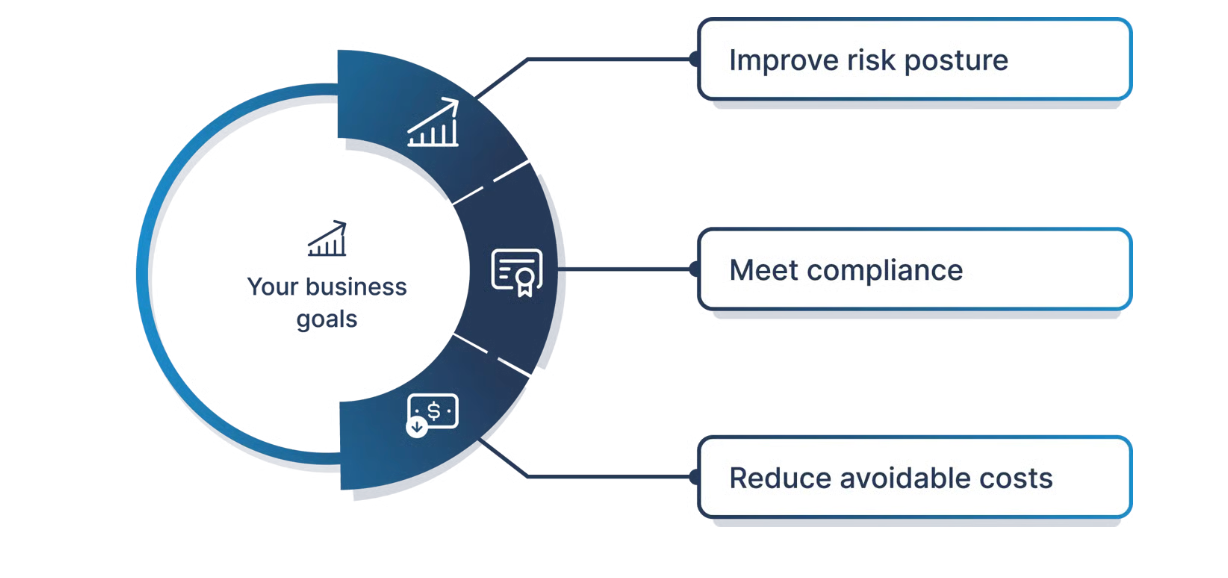
Keepnet Labs takes a modular approach to awareness training, offering phishing simulations, threat intelligence, incident response, and even voice phishing simulations. A standout feature is its customizable campaign builder, which allows organizations to tailor simulations to region-specific attack styles.
Keepnet is especially useful for multinational companies that require culturally adapted training content; however, it has some notable drawbacks, such as licensing challenges and slow support.
Pros
- Customizable phishing campaigns
- Region-specific attack style simulations
Cons
- Users note “issues around licenses and speed of assistance around this issue.”
- There’s a need for more frequent releases of new training stories to keep employees engaged.
- Unexpected roadmap changes appear to be rolled out without consultation.
- Smaller teams may find the steep learning curse overwhelming.
- Customers face higher costs.
7. AwareGO
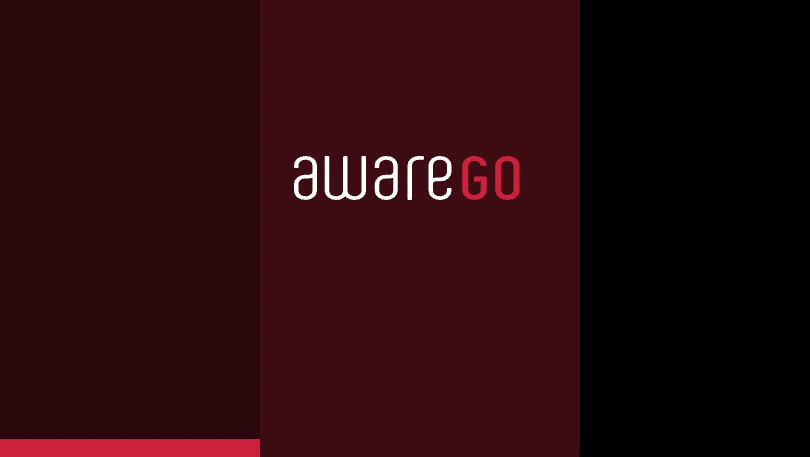
AwareGO specializes in short, engaging learning videos designed to fit into employees’ daily routines. Its content features professional, story-driven production designed to increase message retention.
AwareGO is particularly effective for industries like healthcare and finance, where employees may not have time for long training sessions. However, some reviewers mention limited reporting and analytics compared to enterprise platforms. AwareGO is also a small company without a large case study library.
Pros
- Short, professional, story-driven training videos
- Effective for time-constrained industries
Cons
- Limited analytics and reporting tools
- Small vendor with fewer enterprise clients
- Less scalable for large organizations
8. CyberTraining 365
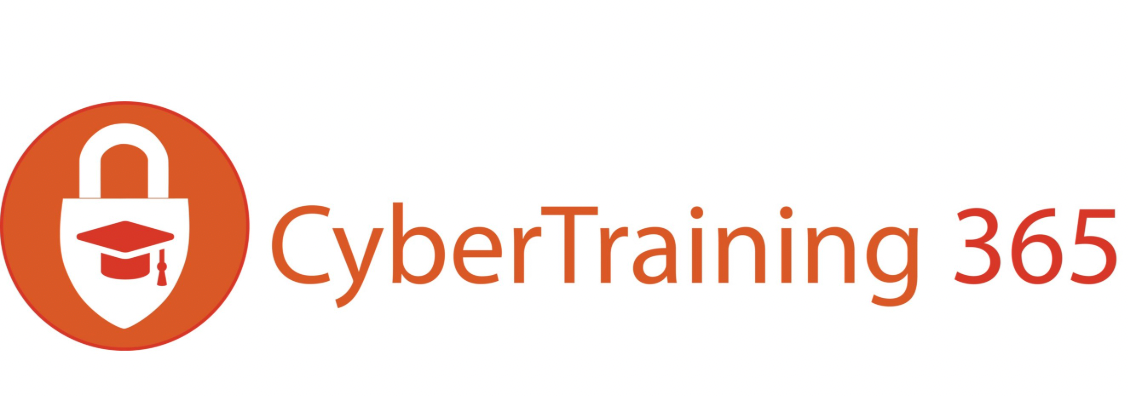
CyberTraining 365 focuses on making advanced cybersecurity learning accessible, combining awareness training with skill-building for IT and security professionals. It has an extensive course catalog covering both basic awareness topics and more technical subjects like ethical hacking and penetration testing. This dual focus makes it ideal for companies that want a platform serving both end users and IT staff.
The platform is very affordable and offers a wide course selection; however, some learners report inconsistent course quality and less polish compared to vendors specializing solely in awareness. It may work best as a supplement, instead of as a primary SAT tool.
Pros
- Affordable training platform
- Large catalog including security awareness training courses
Cons
- Inconsistent course quality
- Less polished content than specialized providers
- Weak focus on deepfake-specific risks
How to choose a deepfake awareness training software provider
There are a lot of options on the market, making it challenging to determine which provider is right for your organization. Use this guidance to point you in the right direction and give you confidence in your choice.
- AI-driven simulations (vishing, smishing, voice clones): Look for a platform that doesn’t just replicate email phishing. It should also prepare your employees for deepfake-enabled attacks across multiple channels, including phone calls, text messages, and video impersonations.
- Education designed for your industry: Cyber risks look different in finance, healthcare, government, and tech. The right provider will understand your sector’s unique compliance requirements.
- Personalization and adaptive learning: Choose software that adapts to user behavior, delivering smarter simulations and personalized lessons that strengthen the human firewall where it’s weakest.
- Custom content creation: Prioritize a provider that allows you to create or customize training content that is relevant and aligned with your company culture.
- Audit-ready reporting: A strong provider should offer clear, board-level reporting that demonstrates training impact, tracks behavioral improvements, and supports compliance audits with verifiable data.
- Engaging content: Effective platforms rely on story-driven microlearning, interactive challenges, and quick video lessons that make training memorable without interrupting productivity.
The breakdown: Comparing the top 8 deepfake awareness training platforms
Choosing the right deepfake awareness training platform
While there are many options available, the right platform depends on your organization’s size and needs. However, when it comes to preparing for AI-driven, multichannel deepfake phishing threats, Adaptive Security leads the field.
Its high-level customization, behavioral risk approach, and AI-driven design ensure training feels real and actionable. Adaptive leverages open-source data (like executive interviews, press releases, or even employee social profiles) to deliver simulations that mirror the exact tactics attackers would use.
Ready to protect your team from tomorrow’s threats? Book a demo today and see how Adaptive Security’s conversational simulations and AI-powered insights can boost your organization’s defense.
FAQs about deepfake awareness training platforms
What is a deepfake awareness training platform?
These online platforms typically use a combination of training programs and simulations to prepare users for deepfake phishing attacks. The best security awareness training uses artificial intelligence to help users identify, verify, and respond to attacks.
This training also helps users and institutions recognize vulnerabilities in their information security and information security processes.
What’s the best deepfake awareness training platform?
Adaptive Security is designed to protect businesses from AI phishing, vishing, smishing, and deepfakes and equip your team for future threats with tailored content and interactive training. This next-gen security awareness platform also delivers training that employees actually enjoy.
What industries benefit most from deepfake awareness training?
All industries benefit from deepfake awareness training, but fast-paced or tightly regulated fields like technology, finance, and healthcare may particularly benefit from regularly updated training since their attackers constantly evolve their tactics to steal sensitive data.
The following industries can also benefit from proper security training:
See a deepfake of your CEO
Want to see just how convincing modern deepfakes can be? Request a CEO deepfake demo and experience firsthand how attackers could impersonate your leadership team through video, voice, or text.
The future of social engineering is here—make sure your workforce is ready.
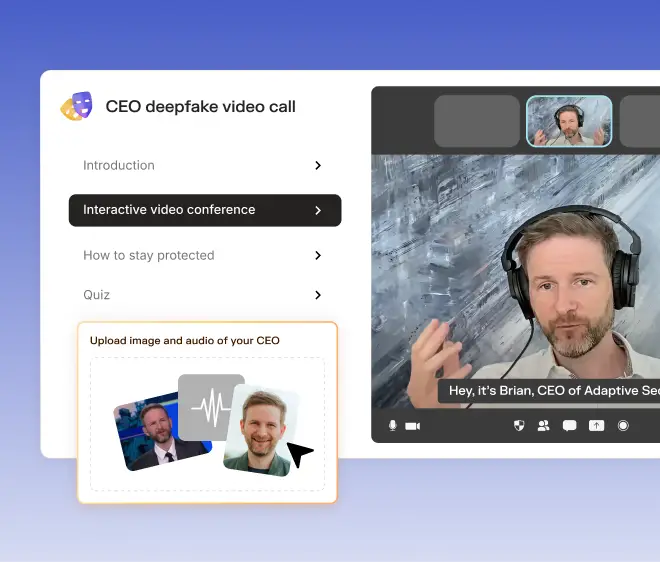


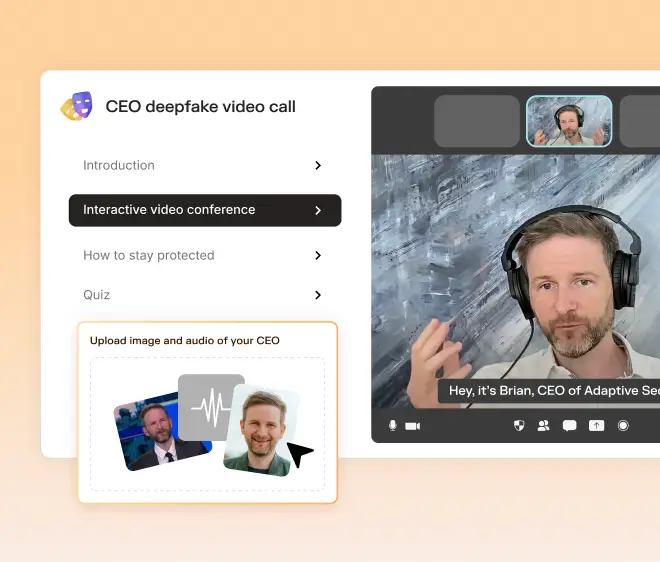
As experts in cybersecurity insights and AI threat analysis, the Adaptive Security Team is sharing its expertise with organizations.
Contents
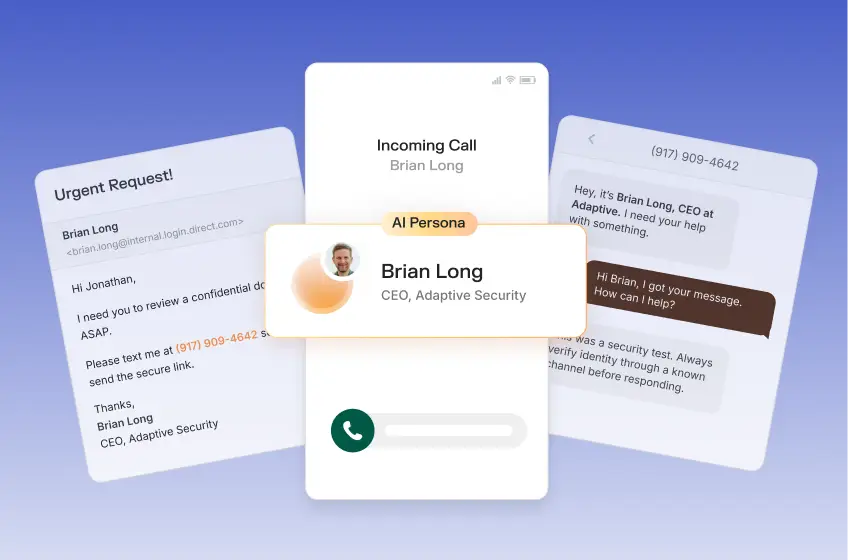
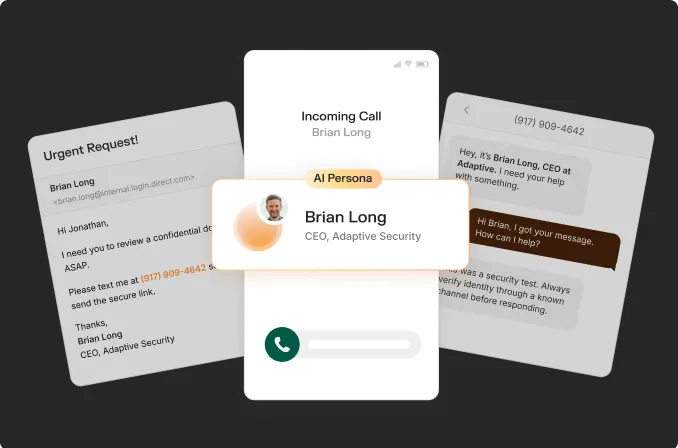
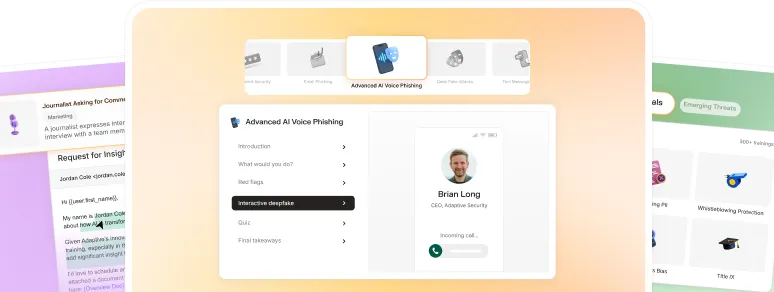

%20(1).avif)





